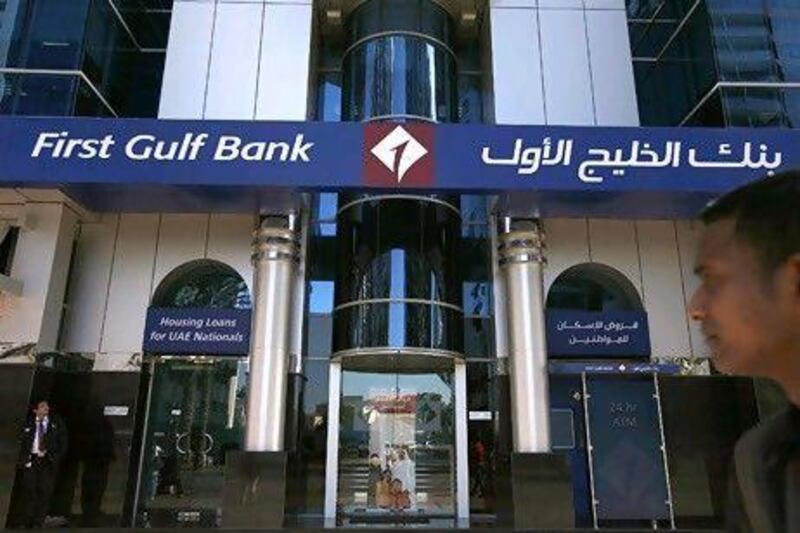The limits on foreign ownership are the topic of the day on local stock markets.
But data from UAE bourses show that few of the companies with a significant percentage of shares available to outsiders are attracting buyers in large numbers.
There are 68 companies with sizeable percentages of their shares open to foreigners. Only 10 of those have sold more than half of their allotted shares to foreigners.
Until yesterday, the company closest to reaching its foreign-ownership limit was First Gulf Bank. The lender officially raised its foreign-ownership limit from 15 per cent to 25 per cent yesterday. The move failed to excite investors; the stock declined 1.1 per cent. Foreign investors own about 14 per cent of the shares.
Insurance House also last week agreed to raise its cap on foreign ownership to 25 per cent, just days after its public listing.
Tight limits on foreign ownership in listed UAE companies were cited by the index compiler MSCI in delaying its decision on whether to upgrade the country to "emerging market" status.
Federal law limits foreign ownership to 49 per cent, but companies have discretion on how much to offer up to that ceiling.
"Foreign ownership limits are a real pain when participation is at those limits," said Daniel Broby, the chief investment officer at Silk Invest, an emerging and frontier-markets fund company in London. Although most limits had not been tested in the past year, he said, they would become an obstacle if the country was upgraded and drew more attention from international investors.
"This may not be the case now, when foreigners are not engaging fully, but may well be the case when UAE gets upgraded to [emerging-market] status," he said. "It will be the stocks most in demand that will ultimately be the main beneficiaries." MSCI said it would revisit the country's classification in December.
On the Abu Dhabi Securities Exchange, 28.2 per cent of RAK Properties' shares are held by foreign investors, while the limit is 49 per cent. Foreign investors hold 12.3 per cent of Sorouh Real Estate, which has a foreign-ownership limit of 15 per cent.
On the Dubai Financial Market, foreign investors hold 35.1 per cent of Aramex, which allows foreign ownership up to the federal limit. Only 9 per cent of Emaar Properties, the biggest developer in the region, is held by foreign investors, although the limit is 49 per cent.
"It is not about opening up the entire market to foreign investors, but to open up limits on the companies that those investors will find interesting," said Mohammed Ali Yasin, the chief investment officer at CAPM Investment in Abu Dhabi.
One prominent example in that category is the telecommunications operator Etisalat, which is closed to foreigners and majority-owned by the Government.
"A key challenge to opening those shares to foreigners is the shareholding structure where the Government owns a majority stake in the companies, which would basically mean that the Government would have to sell down some of their holdings," he said.
As it stands, non-Gulf foreigners make up 3.31 per cent of ownership on UAE markets, with holdings of Dh12.4 billion (US$3.37bn), while UAE nationals hold 91.5 per cent of equities, according to research by Al Ramz Securities.
The remainder is held by other Gulf nationals.
ghunter@thenational.ae






